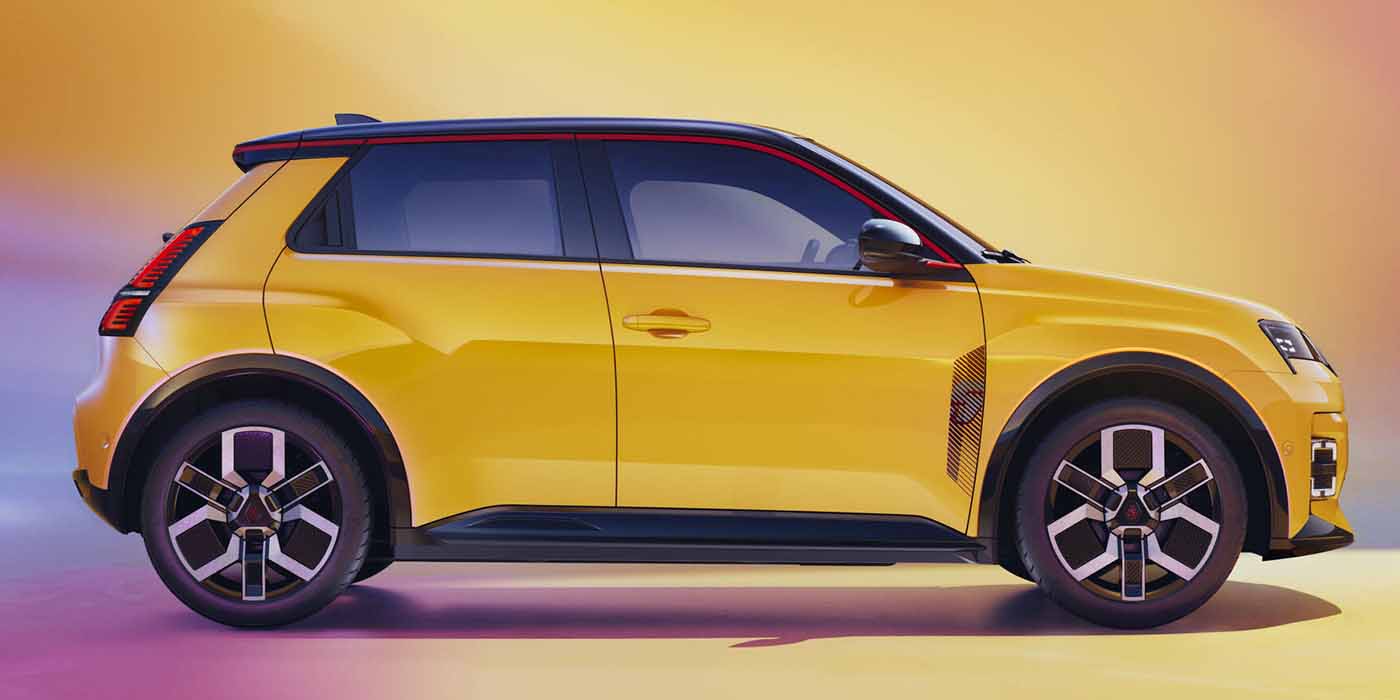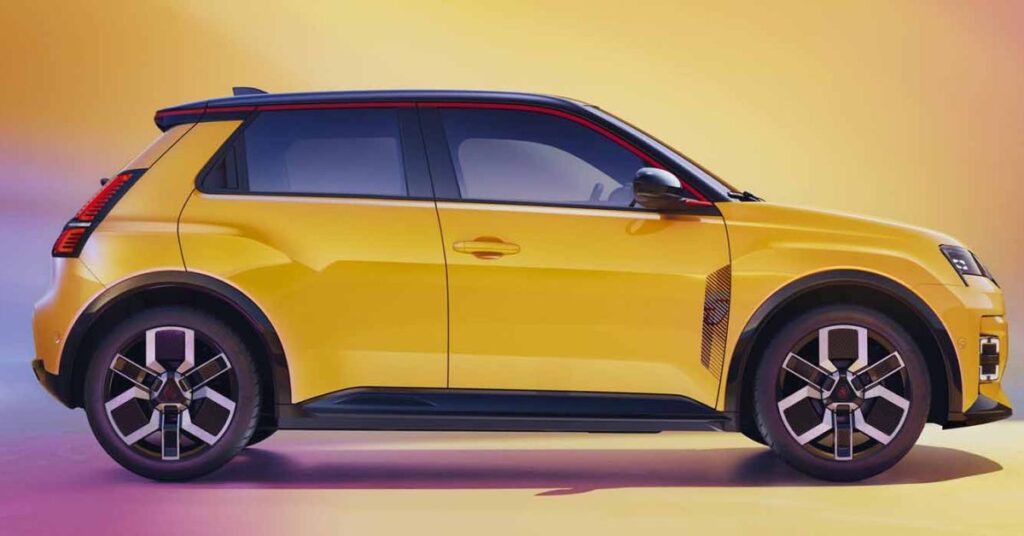
Rumors have been brewing for weeks now that Europe’s automakers were challenging the EU’s decision to ban ICE vehicles as of 2035. But the ACEA, Europe’s automakers association, said that it is not pushing back and is all in with the EV future. Is this PR spin or the real thing?
President of the ACEA and CEO of Renault, Luca de Meo told the press this week at the Geneva Motor Show that the auto industry wants no part in arguing “against the regulation,” reports Automotive New Europe.
“We are not contesting 2035,” said de Meo. “Now we must get down to it.” He added that the upcoming ban target of 2035 “is potentially feasible, but the right conditions must be put in place.”
Still, a tentative tone…
De Meo added that the industry has invested billions in electrification, which all would be a waste if regulations switched gears. “There is no way the industry can go back to square one. It’s bad for the environment,” he said.
Automakers, however, have been urging for more government incentives and investment in charging infrastructure to help nudge higher EV adoption rates. 2024 brought an end, or a radical reduction, in many EU incentive programs.
The European auto industry is under intense pressure from Chinese rivals and Tesla, which sells more EVs in Europe than any other brand. Creative solutions are certainly on the table: Volkswagen, Renault, and Stellantis are weighing possibly joining together to make cheaper electric vehicles – fearing it’s their only option.
In recent weeks, all roads seemed to be leading to a big push from automakers to convince the EU to slow down its ramp-up to EVs, just as is potentially happening in the US – actions that will have a devastating impact on the climate. According to an earlier report from Bloomberg, the EU is already due to review the plans, with automakers getting their lobbyists ready for a fight soon after the European parliamentary elections in June. Plus Porsche’s CFO Lutz Meschke warned that Europe may push back its 2035 ban on ICE vehicles due to slowing EV demand.
Electrek’s Take
Definitely good news that this isn’t happening, if that is truly the case. The true skeptics among us could see this as PR spin – what they need is for people to buy EVs, and now. Of course, automakers have failed to move fast enough in their EV transition – and that has fallen on the backs of an entire industry that employs millions of people. Thousands of other jobs are on the line, with Volkswagen cutting thousands of jobs in Germany to slash $11 billion in costs, and auto suppliers in the EU laying off tens of thousands of workers – just last week a major auto supplier for Tesla, VW, and Ford announced it was slashing 10,000 jobs.
Still, things are happening, new models are coming out, production is moving along, with new models on display at the Geneva auto show alongside BYD’s ample contribution. For its part, BMW says it is now investing $711 million (€650 million) to convert its main factory in Munich to exclusively produce electric vehicles by the end of 2027, in hopes of pushing its next-gen Neue Klasse EVs forward. The automaker says it hit its target of 15% share of battery-electric vehicles – and expects to sell half a million BEVs in 2024.
Photo: Courtesy of Renault
If you’re an electric vehicle owner, charge up your car at home with rooftop solar panels. To make sure you find a trusted, reliable solar installer near you that offers competitive pricing on solar, check out EnergySage, a free service that makes it easy for you to go solar. They have hundreds of pre-vetted solar installers competing for your business, ensuring you get high quality solutions and save 20-30% compared to going it alone. Plus, it’s free to use and you won’t get sales calls until you select an installer and share your phone number with them.
Your personalized solar quotes are easy to compare online and you’ll get access to unbiased Energy Advisers to help you every step of the way. Get started here.
FTC: We use income earning auto affiliate links. More.

